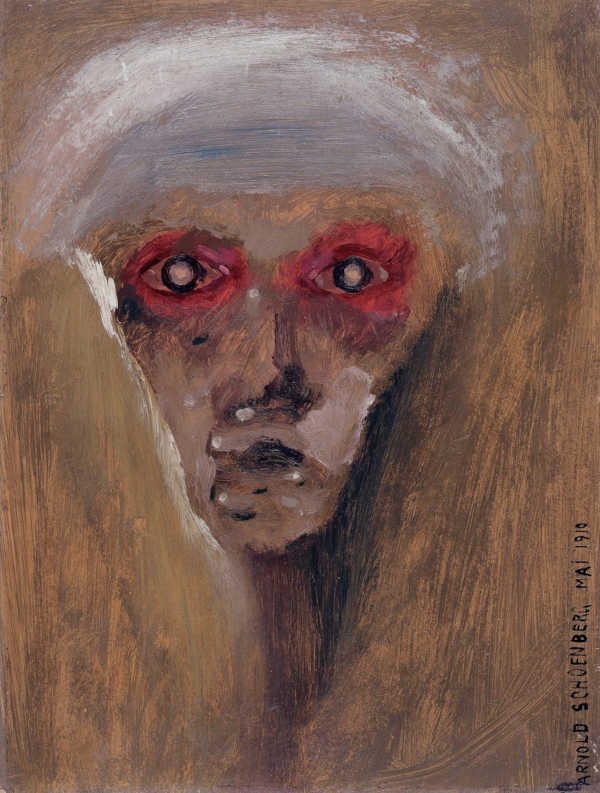FWP:
For background see S. R. Faruqi's choices. For more on Ghalib's unpublished verses, see the discussion in {4,8x}.
This verse has the same basic structure as do {84,6x} and {84,7x}.
On the natural enmity between collyrium and the voice, see {147,1}; on collyrium in general see {44,1}.
The verse mingles literary imagery (commentary, decoratively 'dust-sprinkled' page, piece of paper, 'individual-verse') with use of the senses: the (audible) lament, the gaze, the voice.
But does it really cohere into much of a meaning? The elaborate chains of metaphors become so far-fetched that we can hardly tell how to read them; most crucially, given the wide spectrum of possibilities, how should we interpret fard-e .sadaa ? The possibilities range so far that they make the verse feel loosely structured and floppy.

Asi:
I am a unique secret/mystery of my lament. And I am such a secret that for the commentary of the gaze of weakness I will sprinkle the dust of collyrium on the page of my voice. That is, I will protect the secret to such an extent that on the page of the voice too-- the work of which is the expression of secrets-- I will sprinkle the dust of collyrium; I will make it 'collyrium-throated' [surmah dar galuu] and ineffective.
== Asi, p. 162